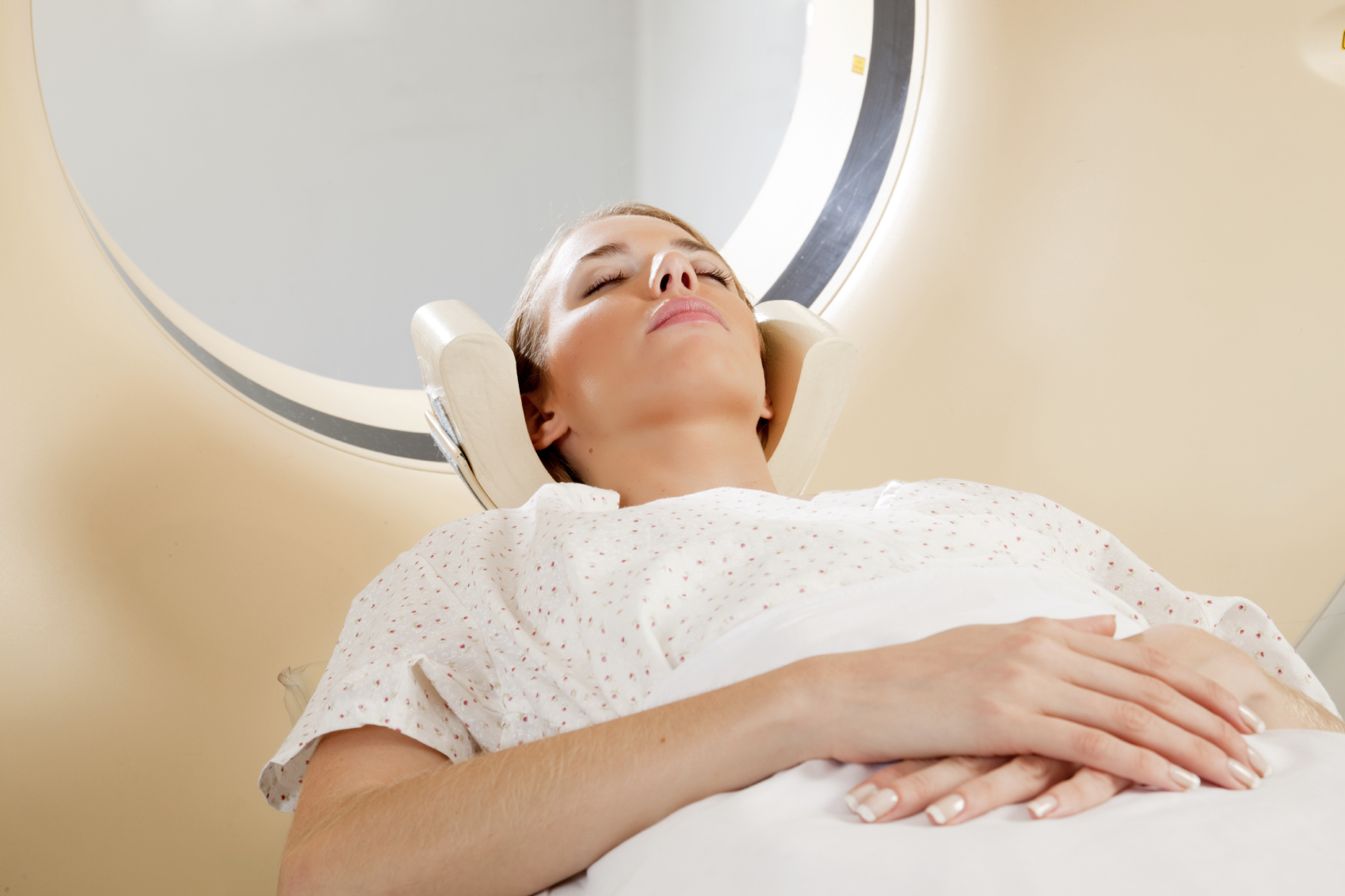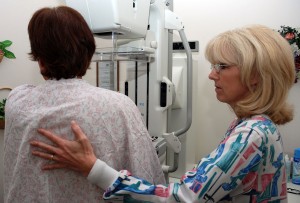6 Ways You Can Protect Yourself From Breast Cancer
If someone were to ask you about breast cancer, what would you be able to tell them? This is the most common cancer amongst women, but sometimes it can be hard to find solid fact buried under all the pink merchandise being shown during October. So in honor of this year’s National Breast Cancer Awareness Month, we’re going to look at a few things every woman (and man) can do to protect themselves from becoming a victim of the disease.

What’s the best way to protect yourself against breast cancer?
Breast Exams
Who would know a body better than the person it belongs to? Breast exams are a very important practice and can make a significant difference when it comes to mitigating risk. Health care experts from the American Cancer Society recommend monthly breast exams (a couple of days following the menstrual cycle). Be mindful of any of the following during your examination:
- Lumps
- Abnormalities
- Any significant changes in appearance or texture
Please be sure to schedule a meeting with your doctor if you ever find something that seems odd. Better to be mistaken than ignore a potential symptom of breast cancer.
Regular Clinical Screenings
 Self-exams are very important, but clinical screening tests like an annual mammogram tend to be a bit more accurate. These can spot abnormalities very early on, which opens up the number of treatment options available. Leading organizations like the American Cancer Society recommend that women over 40 should be getting a mammogram once a year. However, there has been some debate over these national guidelines based on clinical findings.
Self-exams are very important, but clinical screening tests like an annual mammogram tend to be a bit more accurate. These can spot abnormalities very early on, which opens up the number of treatment options available. Leading organizations like the American Cancer Society recommend that women over 40 should be getting a mammogram once a year. However, there has been some debate over these national guidelines based on clinical findings.
(The recommendations are different for people who have a family medical history of breast cancer.)
Eating a Healthy Diet
There have been several breast cancer clinical trials which have linked a person’s cancer risk to their dietary nutrition levels and overall food consumption. Here’s what the experts would suggest that you do:
- Adopt a diet that provides a higher level of unprocessed foods
- Limit your consumption of sugar where possible (Americans consume a lot on an annual basis)
- Limit your consumption of foods that contain saturated fats (good for your cholesterol levels too)
- Stay well hydrated by drinking at least 6 glasses of water a day (helps the body detox)
Maintain an Active Lifestyle
Several important studies have also pointed out the connection between obesity and breast cancer. Eating well is very important, but it is not always enough. Our evolving culture has made it increasingly more easy to stay sedentary, so it’s important to find new ways to stay active on a regular basis. It’s also been shown that regular exercise is a great way to relieve stress.
Stress Reduction
You might not be happy to hear it, but stress can really have a negative impact on your physical health in addition to your mental health. This is why it is so important that you make stress reduction a priority in your life. Long-term stress can actually cripple the body’s immune system, making it much more susceptible to a permeating scourge like cancer. Here are just a few ways you can reduce stress in your life:
- Go for a meditative walk
- Get a massage
- Spend some time in nature
- Try yoga or experiment with some deep breathing exercises
- Take a vacation
Genetic Testing
Meticulously collected data has shown that about 10 percent of diagnosed breast cancers are actually hereditary cases– this means they are the result of defective genes inherited from a parent. Nearly 20 years ago, researchers discovered that mutations in the BRCA1 and BRCA2 genes made a person as much as 85 percent more likely to develop breast cancer (check out this in-depth timeline for more information).
Fortunately, genetic testing can spot these mutations early on, and oncologists can take necessary actions to help protect a patient from this terrible disease. If you know that breast cancer has run in your family, please consider asking your doctor if BRCA testing is the right move to make.
This should give you more than enough to think about during Breast Cancer Awareness Month. Please be sure to share this information with your loved ones too.